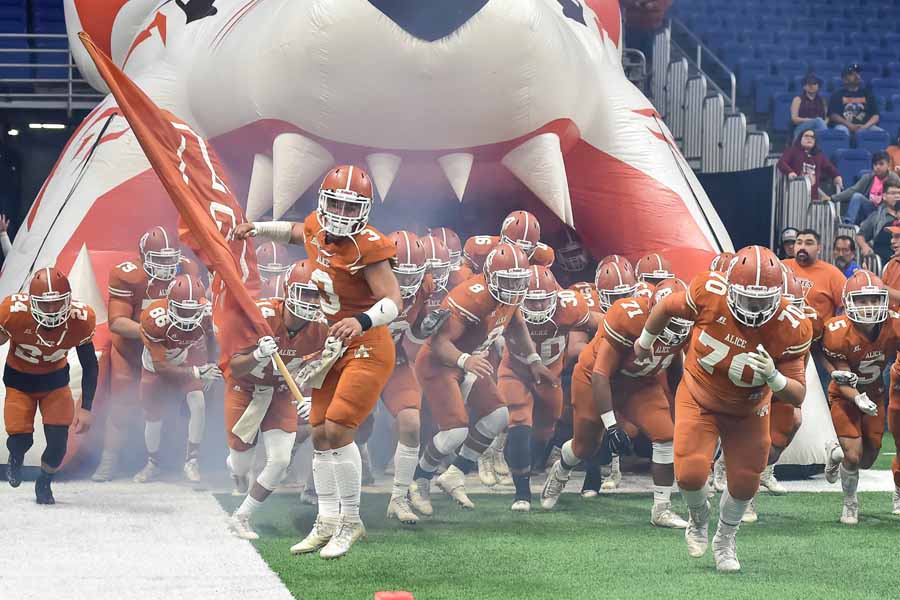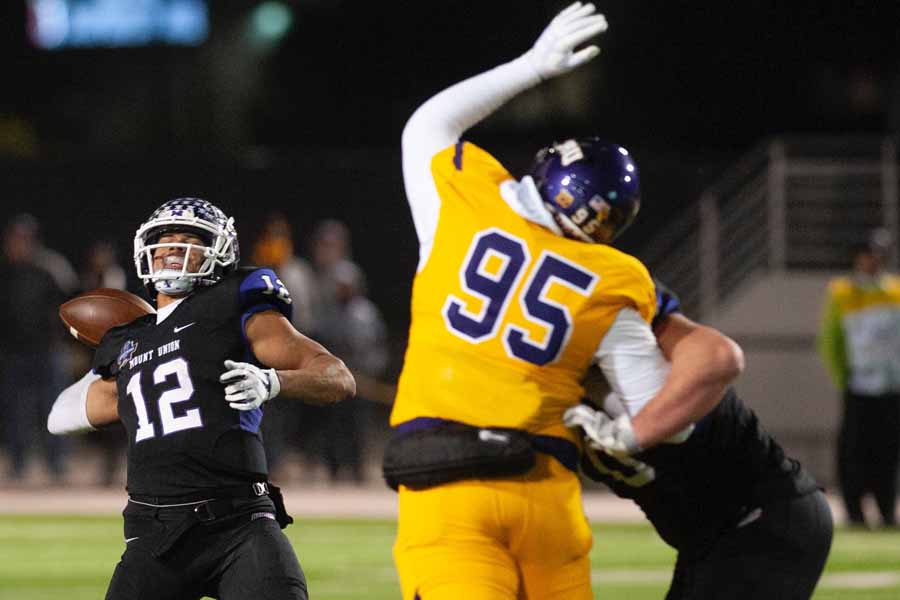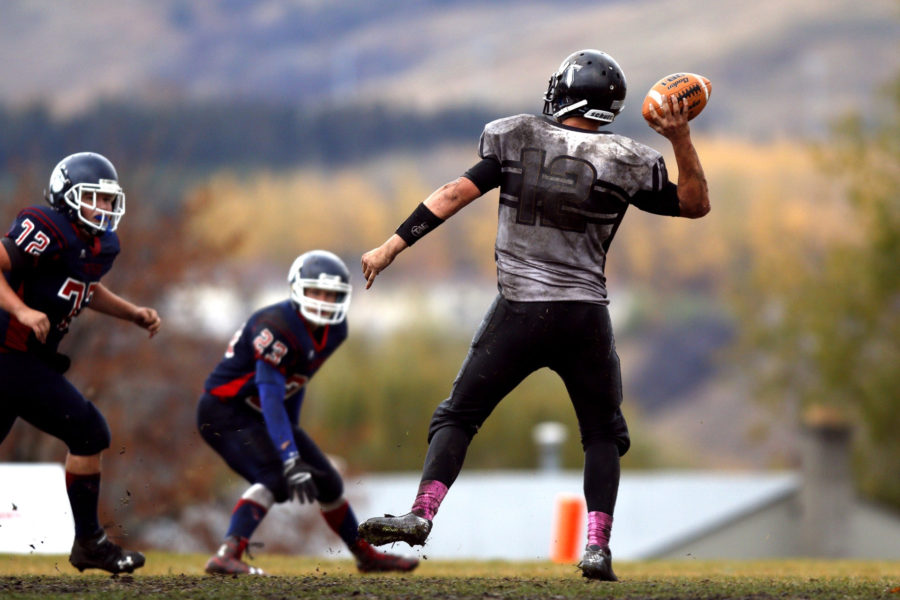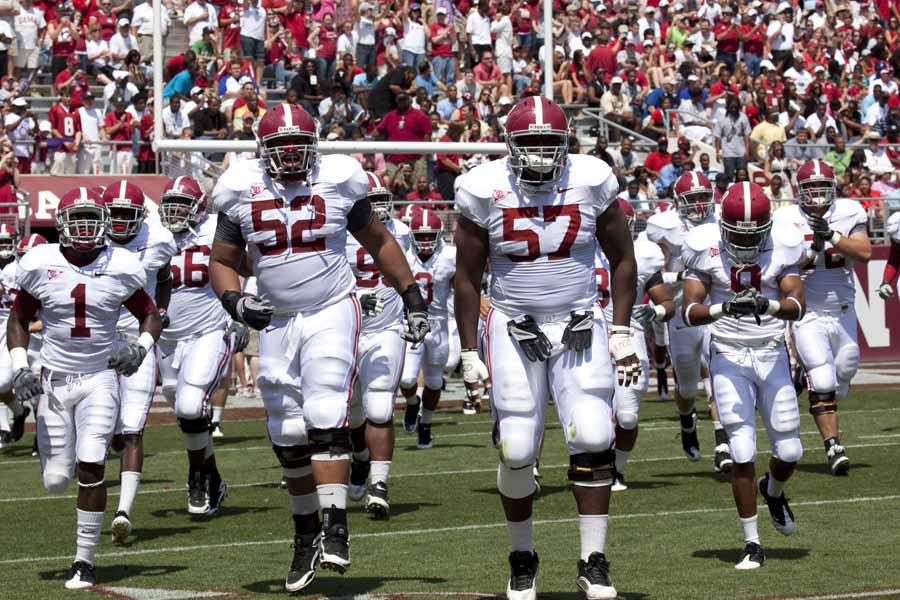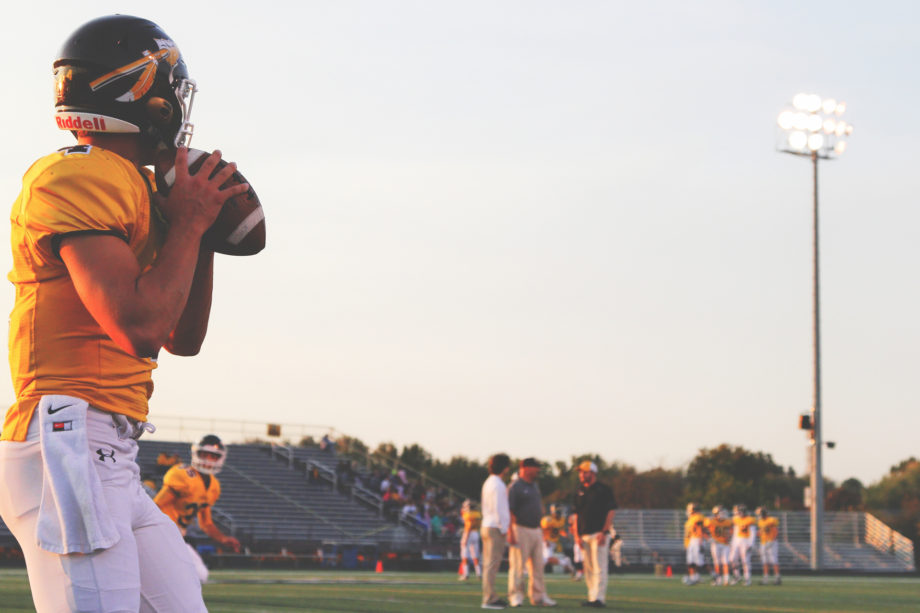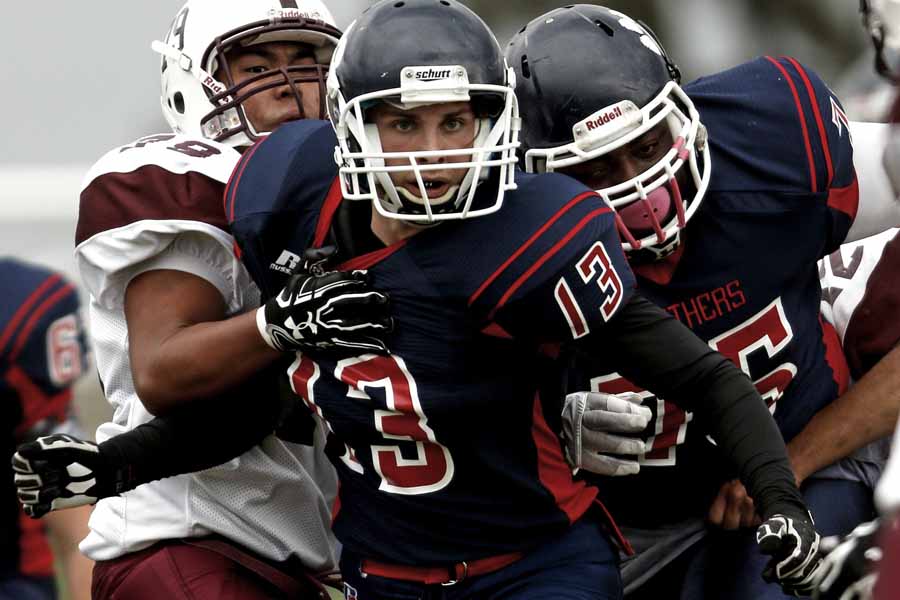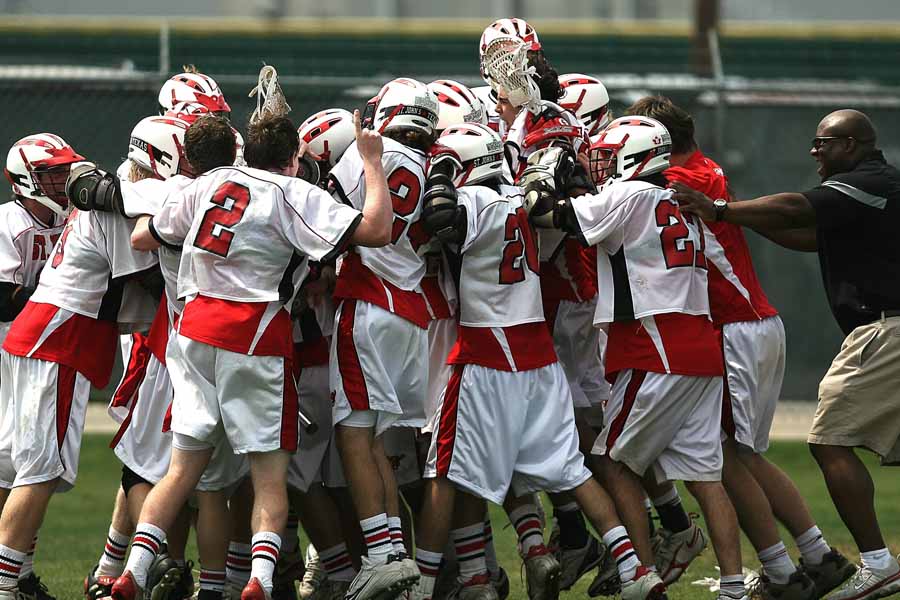A: Injuries, in most cases, are more mentally challenging than physically challenging to recover from. And depending on when your injury occurs (freshman year vs. junior year), you may have a little tougher route to getting scholarship offers, but it’s not impossible. Yes, you can come back from most injuries—it just takes plenty of extra patience, work and faith. This …
Q: I was getting recruited by multiple schools last year, but had a season-ending injury. I’m back now, how do I get recruited again?

